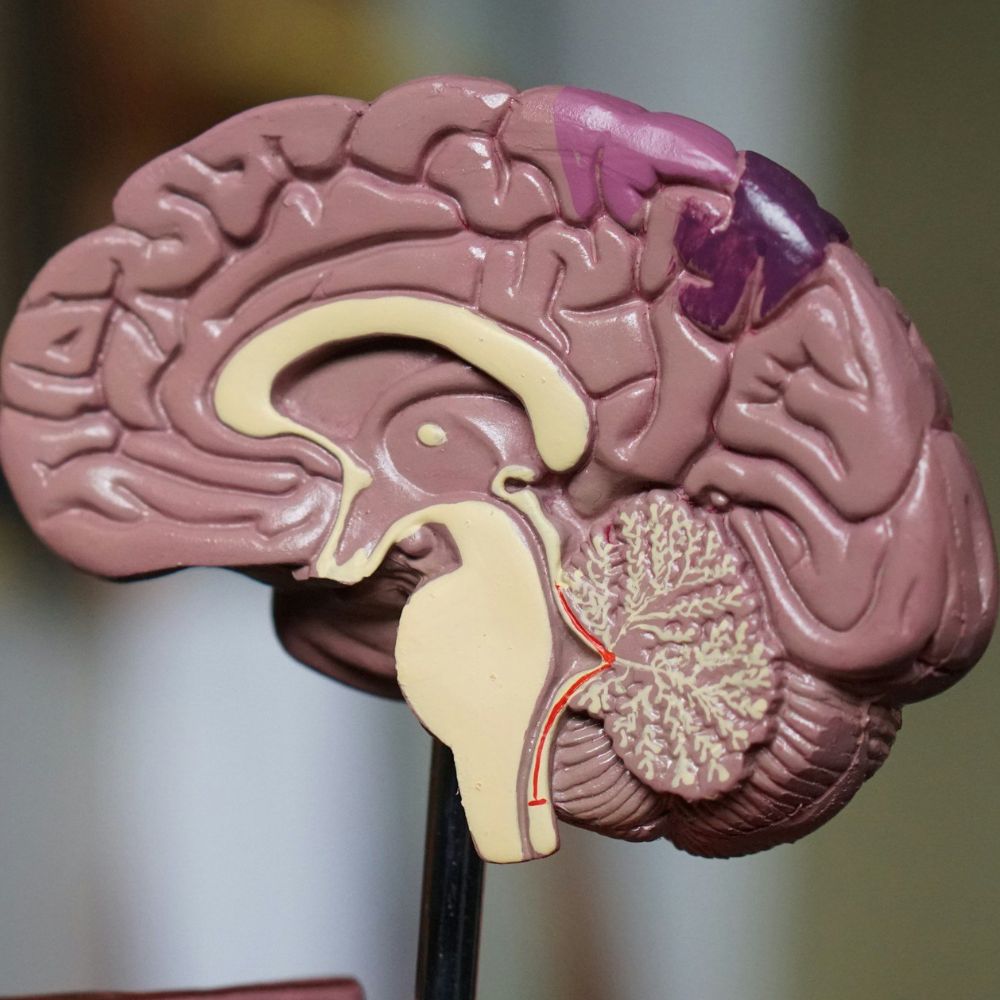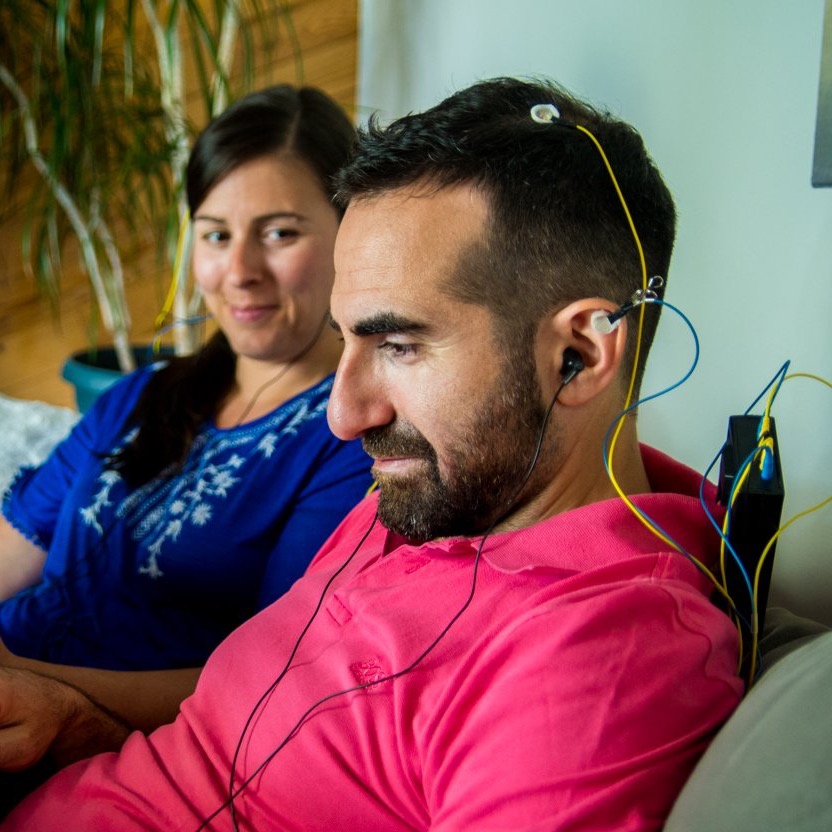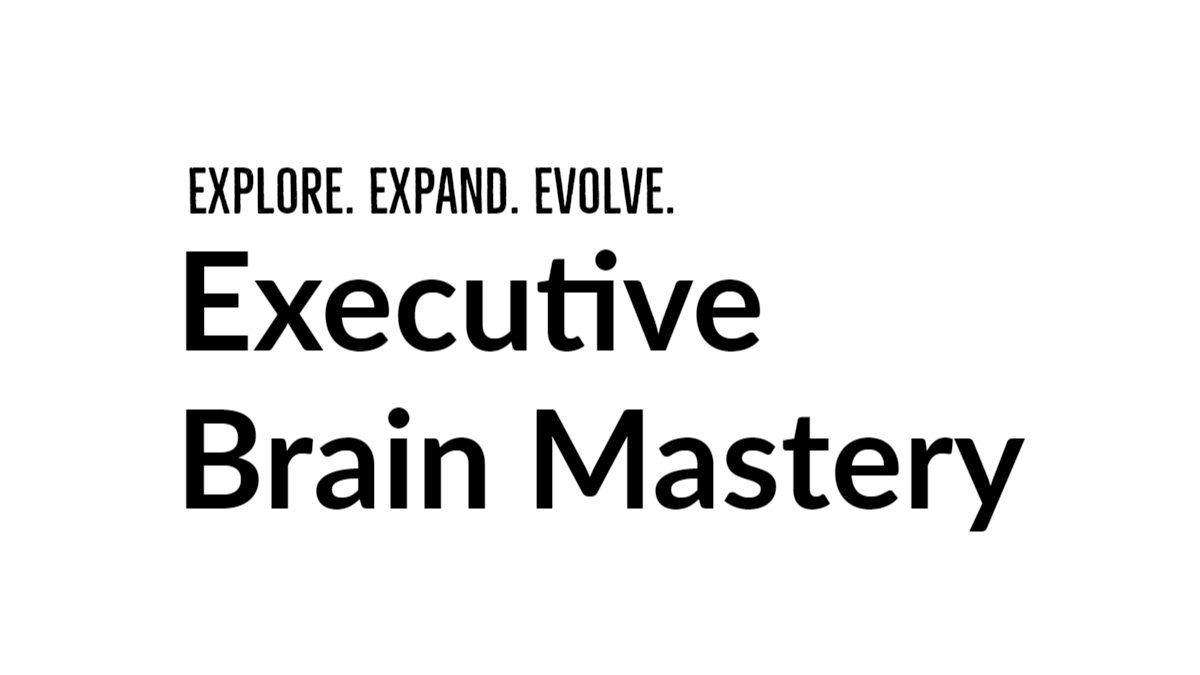
Neurofeedback for ADHD and Focus
For those struggling with ADHD, neurofeedback is a proven, non-invasive method that helps retrain the brain to regulate focus, attention, and impulse control. By targeting brainwave patterns that affect concentration, neurofeedback works to reduce the typical distractions that make staying on task difficult. Over time, you’ll notice lasting improvements in your ability to focus and engage with daily activities. Unlike traditional ADHD treatments, neurofeedback doesn’t rely on medication, offering a natural and effective solution for better concentration and productivity in all areas of life.
Neurofeedback for Autism
Neurofeedback has shown significant promise in helping individuals on the autism spectrum enhance social skills, emotional regulation, and focus. By balancing the brain’s electrical activity, this technique addresses common challenges such as anxiety, sensory sensitivity, and difficulties with communication. The results can lead to improved social interactions, greater emotional stability, and reduced behavioural issues. This non-invasive method allows individuals to experience real change in their emotional and cognitive functioning, creating a more harmonious and fulfilling life, all without the need for drugs or external interventions.


Neurofeedback for Trauma
Trauma can create deep emotional scars, affecting how we respond to everyday stress. Neurofeedback helps retrain the brain to better manage emotional responses and regain control over the stress response. By targeting brainwaves, neurofeedback helps reduce the lingering effects of trauma, such as anxiety, hypervigilance, and intrusive memories. This method is particularly effective in addressing PTSD, offering a pathway to recovery that doesn’t rely on medication. With consistent neurofeedback training, individuals experience a greater sense of calm and resilience, helping them heal from within and improve their quality of life over time.
Neurofeedback for Anxiety and Depression
For individuals struggling with anxiety and depression, neurofeedback offers an alternative to traditional treatments like medication. By training the brain to self-regulate, neurofeedback addresses the underlying brainwave imbalances that contribute to emotional distress. This process helps reduce the intensity of symptoms such as worry, sadness, and emotional instability, creating a more balanced state of mind. The benefits of neurofeedback are long-lasting, providing a natural, drug-free approach to managing mental health. Over time, individuals find they are able to cope better with life’s stresses, allowing them to regain control and enjoy life more fully.


Neurofeedback for Sleep
Sleep disorders affect many people, and poor sleep quality can have significant impacts on both physical and mental health. Neurofeedback can help individuals achieve restful and restorative sleep by training the brain to regulate the sleep cycle more effectively. Whether it’s insomnia, waking up frequently during the night, or struggling to enter deep sleep stages, neurofeedback can help by targeting the brainwaves that influence sleep. The result is improved sleep quality, allowing you to wake up feeling refreshed and ready to tackle the day. This method is natural, non-invasive, and free of side effects, making it a safe option for improving sleep.
Neurofeedback for Other Conditions
Neurofeedback is also effective for managing a wide variety of other conditions, including:
- Traumatic brain injury
- Stroke
- Parkinson’s and Alzheimer’s disease
- Brain fog and focus issues (including chemo brain)
- Chronic fatigue
- Chronic pain
- Fibromyalgia
- Alcoholism and other addictions (pre or post-rehab, including AA programs)
- Stress
- Burnout
- OCD
- Headaches and migraines
- Anger and irritability
- Mood swings and bipolar disorder
- Performance enhancement (work, sports, arts, academics)
- Eating disorders (including overeating)
- Phobias
- Confidence and shyness





